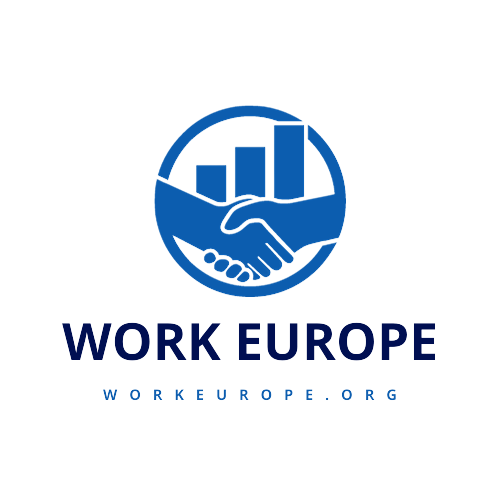
Adapting to cultural differences and workplace etiquette in Europe is essential for a successful and harmonious work experience. Here are some tips to help you navigate these differences effectively:
1. Research and Understand Local Culture:
- Start by researching and learning about the cultural norms, values, and etiquette of the specific European country where you’ll be working. Each country has its own unique cultural nuances.
2. Learn the Language:
- While English is often widely spoken in European workplaces, making an effort to learn the local language, even basic phrases, can go a long way in building rapport and showing respect for the local culture.
3. Punctuality Matters:
- Being on time is highly valued in many European cultures. Arrive punctually for meetings and appointments, and communicate in advance if you expect to be late.
4. Dress Appropriately:
- Dress codes can vary, but it’s generally advisable to err on the side of dressing conservatively, especially in professional settings. Observe how colleagues dress to get a sense of the workplace dress code.

5. Respect Hierarchy and Formality:
- Many European workplaces maintain hierarchical structures and formal communication styles. Address colleagues and supervisors with appropriate titles (e.g., Mr., Mrs., Dr.) until invited to use first names.
6. Embrace Work-Life Balance:
- Europeans often prioritize work-life balance. Respect boundaries between work and personal life, and avoid contacting colleagues outside of work hours unless it’s essential.
7. Use Non-Verbal Communication Wisely:
- Non-verbal cues such as eye contact, handshakes, and body language can vary by culture. Observe how locals use these cues and adapt your behavior accordingly.
8. Be Polite and Diplomatic:
- Politeness and diplomacy are highly valued. Be cautious with criticism and express disagreement respectfully. Constructive feedback is appreciated when delivered tactfully.
9. Participate in Social Activities:
- Joining in social activities and team gatherings can be an excellent way to build relationships and network with colleagues. These interactions often play a crucial role in European workplaces.
10. Adaptability and Open-Mindedness: – Be open to new ideas, ways of doing things, and cultural perspectives. Flexibility and a willingness to adapt will help you integrate into the local work culture.
11. Seek Feedback and Guidance: – Don’t hesitate to ask for feedback from colleagues or supervisors on how you can better adapt to the workplace culture. They can provide valuable insights.

Remember that Europe is culturally diverse, and workplace etiquette can vary significantly from one country to another. Your ability to adapt and show respect for local customs and traditions will be highly appreciated by your colleagues and contribute to a positive work experience in Europe.

